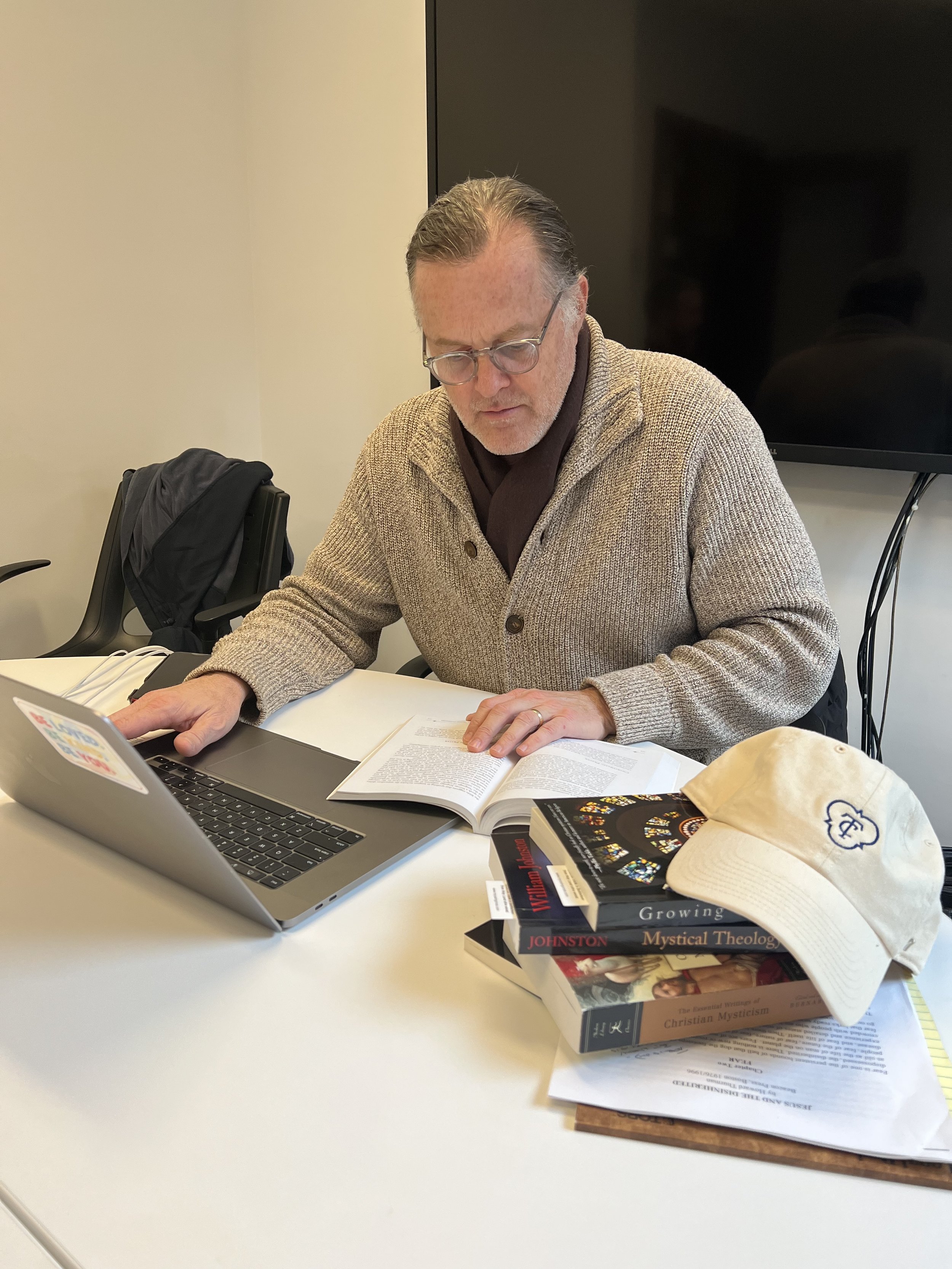Last week, our lectionary started treating us to a fortifying dose of reality. In our Epistle readings, we hear passages from First Corinthians, where Paul describes the complicated and frankly messy unity that the church receives in the death and resurrection of Jesus Christ. We hear a letter that reveals just how quickly and just how easily groups of people can succumb to the divisions with which they have become accustomed — and more often than not, with which they feel a strange sort of comfort. Misery and bitterness can be comforting in a horribly addictive and toxic kind of way.
Just after the Hallmark season of Christ's birth, just after the season of warmth and togetherness, the lectionary presents us with this letter to a church that is at each other’s throats over which leader’s team they’re on: Team Paul, Team Apollos, or Team Cephas.
The platform where St. Paul was taken before the Roman governor.
Our own Sonia Waters recently returned from a trip to Corinth, and she took some wonderful pictures.
In response, Paul moves into one of his most well-known, memorable, and effective metaphors of Christian community: the image of the body. Being a member of the body of Christ, being part of the church, means being absolutely, out-and-out conjoined with one another, in the same unseverable way that one limb is joined to another. When we’re members of the same body, find that we cannot participate in division, because to do so is to dis-member ourselves, to cut parts of ourselves off. But neither can we participate in a crushing uniformity, without the joys of difference within that unity. Unity is not sameness.
Without the body, without our other limbs, without each other, we find ourselves cut off from who we truly are and we cannot live out our own calling. To be who we are called to be, we need everyone – we need all the members of the body – to live out your calling too. We are all connected. This year, as we walk forward together as the body of Christ in Trinity Church, I invite you to discern what your role in this body is and to participate in that body ever more deeply. We need you – each one of you – and we’re not complete without you.
Yours in Christ,
The Rev. Cn. Dr. Kara Slade, Associate Rector





















